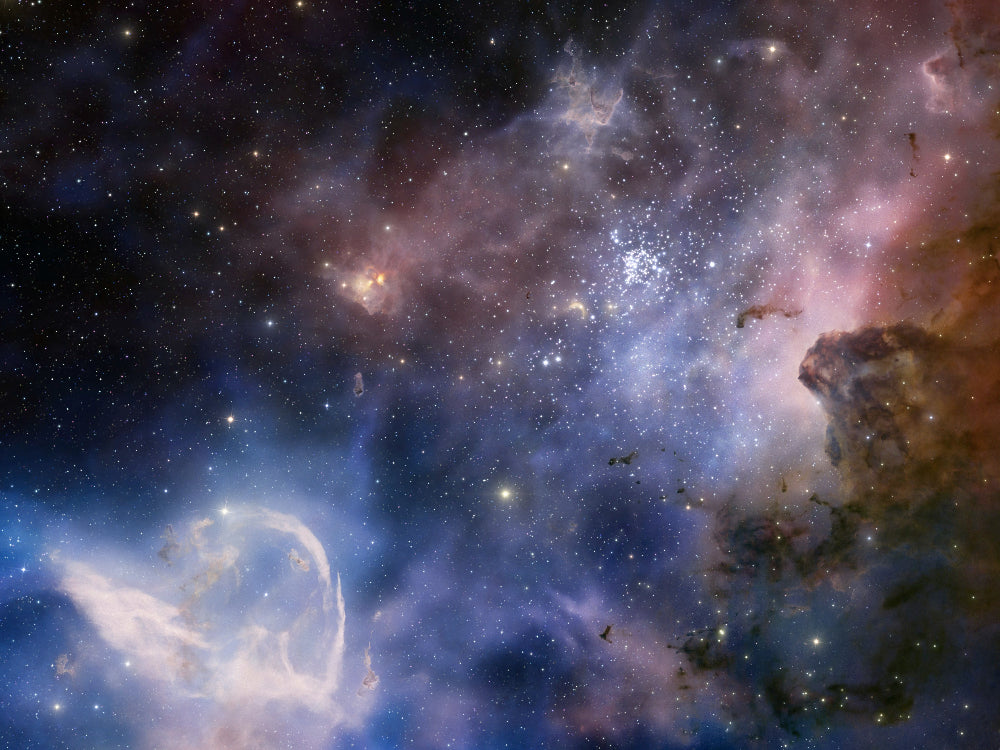Microsoft and OpenAI collaborate on AI supercomputer Stargate

Microsoft and OpenAI are reportedly collaborating on a project to build a data center called Stargate. The purpose of this supercomputer is to provide OpenAI with powerful computing support.
Stargate will be equipped with millions of dedicated server chips and is expected to launch in 2028, with further expansion planned for 2030. The project is estimated to cost up to $115 billion, which will be funded by Microsoft. Eventually, it will require power, probably up to 5 gigawatts.
Compared to some of today's largest data centres, 'Stargate' is 100 times more expensive! It is the largest in a series of supercomputing facilities that Microsoft and OpenAI plan to build over the next six years. The fact that it dares to spend so much money reflects Microsoft and OpenAI's great confidence in the future of AI. In ten years, this will be the most critical and significant cooperation between the two parties.
Microsoft has invested over $13 billion in OpenAI, allowing OpenAI to use Microsoft's data centers to run ChatGPT. In return, Microsoft has exclusive access to the core of OpenAI's technology and can provide it to cloud computing customers such as Morgan Stanley. OpenAI's technology can also be integrated into AI Copilot for Office, Teams, and Bing.
If the 'Stargate' becomes a reality, it will provide computing power far beyond that of the current Microsoft Phoenix data center. However, the investment required in power and chips will be substantial. Additionally, procuring the necessary chips will also be a significant cost. Preliminary calculations suggest that running the 'Stargate' will require at least thousands of megawatts of power, equivalent to the power required by several large data centers.
There is no going back. What kind of result can we expect from such a costly investment? AGI, of course.
The reason for the high cost is Altman's dissatisfaction with the computing power at his disposal. He has publicly stated that the number of existing AI server chips is inadequate and privately expressed concern that Google, one of OpenAI's main competitors, will soon surpass them in computing power.
Due to the high demand for NVIDIA GPUs, customers such as Microsoft and OpenAI are experiencing increased costs. This is one of the reasons why Altman decided to establish a company and create chips that can compete with NVIDIA GPUs. Aside from cost control, Microsoft may have other factors to consider when supporting Altman's alternative chip development.
The purpose of Stargate is to provide Microsoft and OpenAI with an alternative to NVIDIA, such as AMD's GPUs or Microsoft's recently launched in-house AI chip.
While the vision of Stargate is ambitious, there are still several technical challenges that need to be overcome in order to make it a reality. For instance, one design option is to install more GPUs in a single rack than Microsoft has ever done before to enhance the chip's efficiency and performance. However, this will inevitably increase GPU density, so Microsoft must design an effective cooling solution to prevent chip overheating. Additionally, connecting millions of GPUs poses a challenge, requiring the selection of the appropriate network cable critical for transferring large amounts of data quickly.
Currently, Microsoft employs NVIDIA's proprietary InfiniBand in supercomputing. However, it is widely known that OpenAI is striving to eliminate its reliance on NVIDIA without compromising performance. Therefore, OpenAI requires Stargate to use a more versatile Ethernet cable. Additionally, according to project insiders, the companies have explored alternative energy sources, including nuclear power, to meet their energy needs.
Altman personally believes that a significant breakthrough in the energy sector will be necessary to achieve the development of superintelligence. Energy innovation will undoubtedly play a crucial role in the advancement of AI, and nuclear energy is likely to be a significant contributor to achieving this objective.
It appears that OpenAI is making progress towards achieving AGI.



















